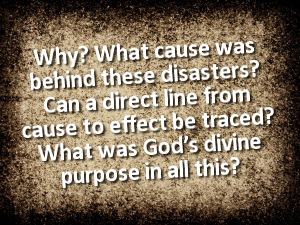The Best Cure for KJVOism: A Real 1611 KJV

It has been widely publicized that the year 2011 is the 400th anniversary of the original publication of the “Authorized” or King James Version of the Bible in English. Historically, this translation has been the most widely used, at least since it overtook the previous champion, the Geneva Bible of 1560 (chiefly, at least initially, as a result of the legal suppression of the printing of the Geneva Bible by the British monarchy, in favor of the KJV).
Note, however, that the great majority of the editions and copies of the KJV printed and read in the past 400 years have been revisions rather than reprints of the original form of the KJV, with literally tens of thousands of revisions in spelling, punctuation and the use of italics, plus many hundreds of revisions in the precise wording of the text. Later editions also included the switch from “black letter” (“Gothic”) type to Roman, the widespread omission of the Apocrypha in the 18th and later centuries, along with the omission of an extended calendar and charts of biblical genealogies. Most unfortunately, later editions omit the extremely important and informative introductory essay, “The Translators to the Readers,” which was included in the original edition. In short, most KJV users, particularly those who claim to be “King James Version 1611 Only” in their beliefs, have never actually seen or used a real 1611 King James Version in the original form in which it was issued from the press in 1611.

 Republished with permission from
Republished with permission from  Reprinted with permission from
Reprinted with permission from  Ask most people to describe materialism and you’ll hear references to big screen TVs, computers, SUVs, big houses and overpaid CEOs. A few might mention “consumerism” and “greed.” Most would agree with the idea that materialism has been a major obstacle to relieving world poverty. Some would say it’s the cause of that poverty.
Ask most people to describe materialism and you’ll hear references to big screen TVs, computers, SUVs, big houses and overpaid CEOs. A few might mention “consumerism” and “greed.” Most would agree with the idea that materialism has been a major obstacle to relieving world poverty. Some would say it’s the cause of that poverty. Read
Read
Discussion